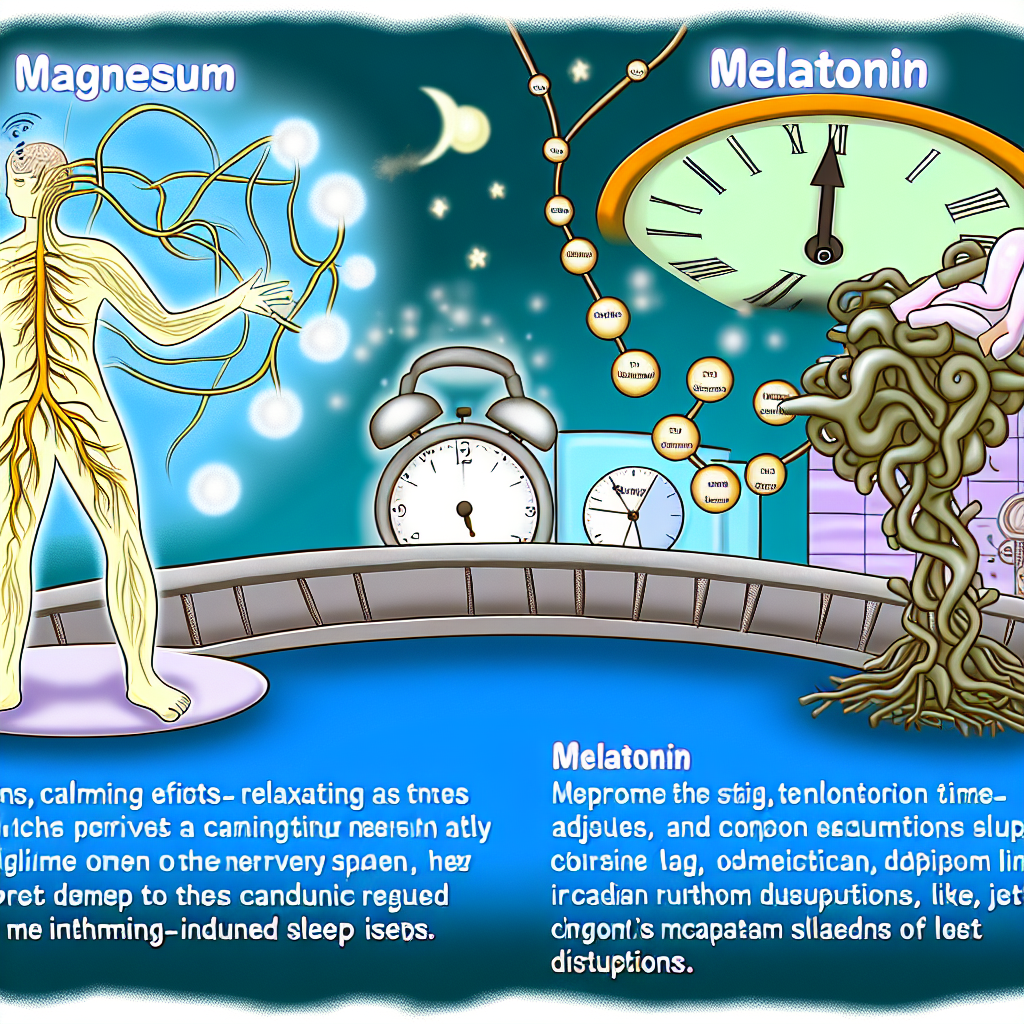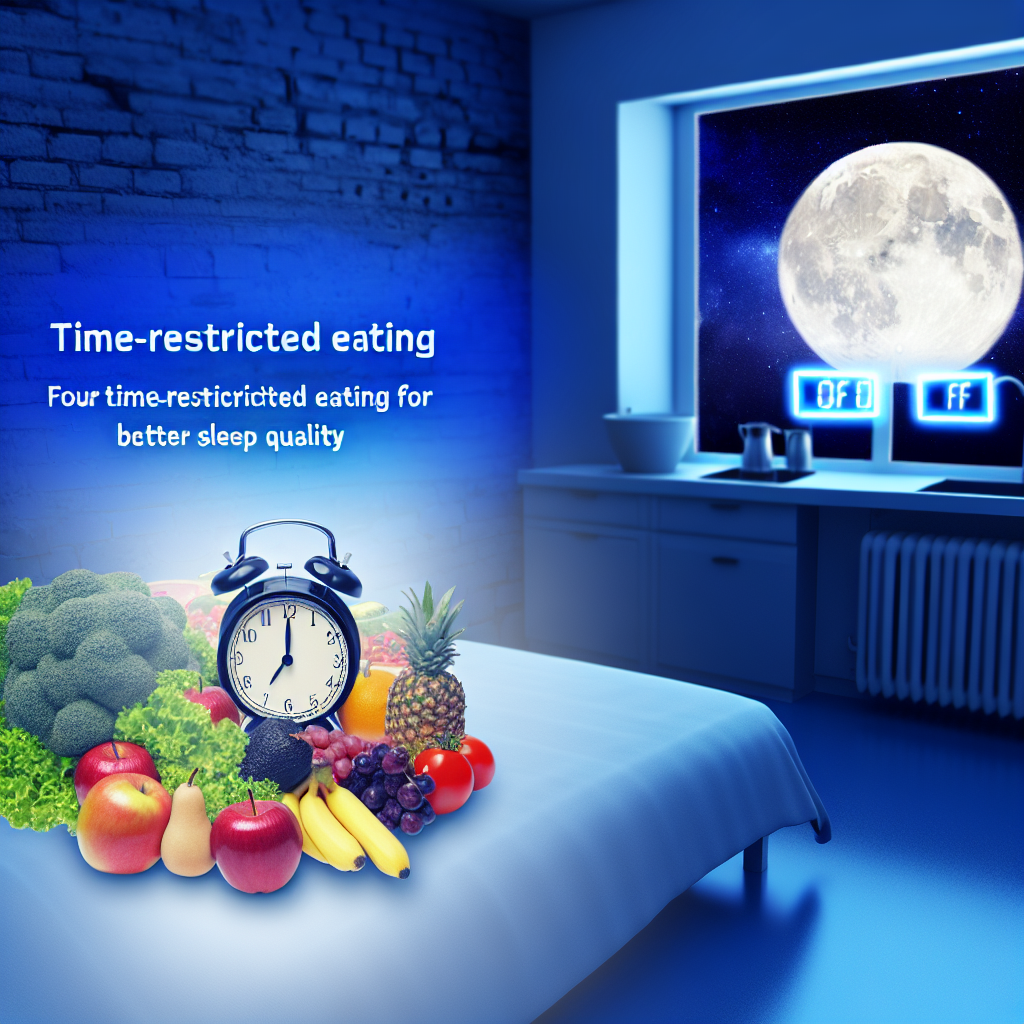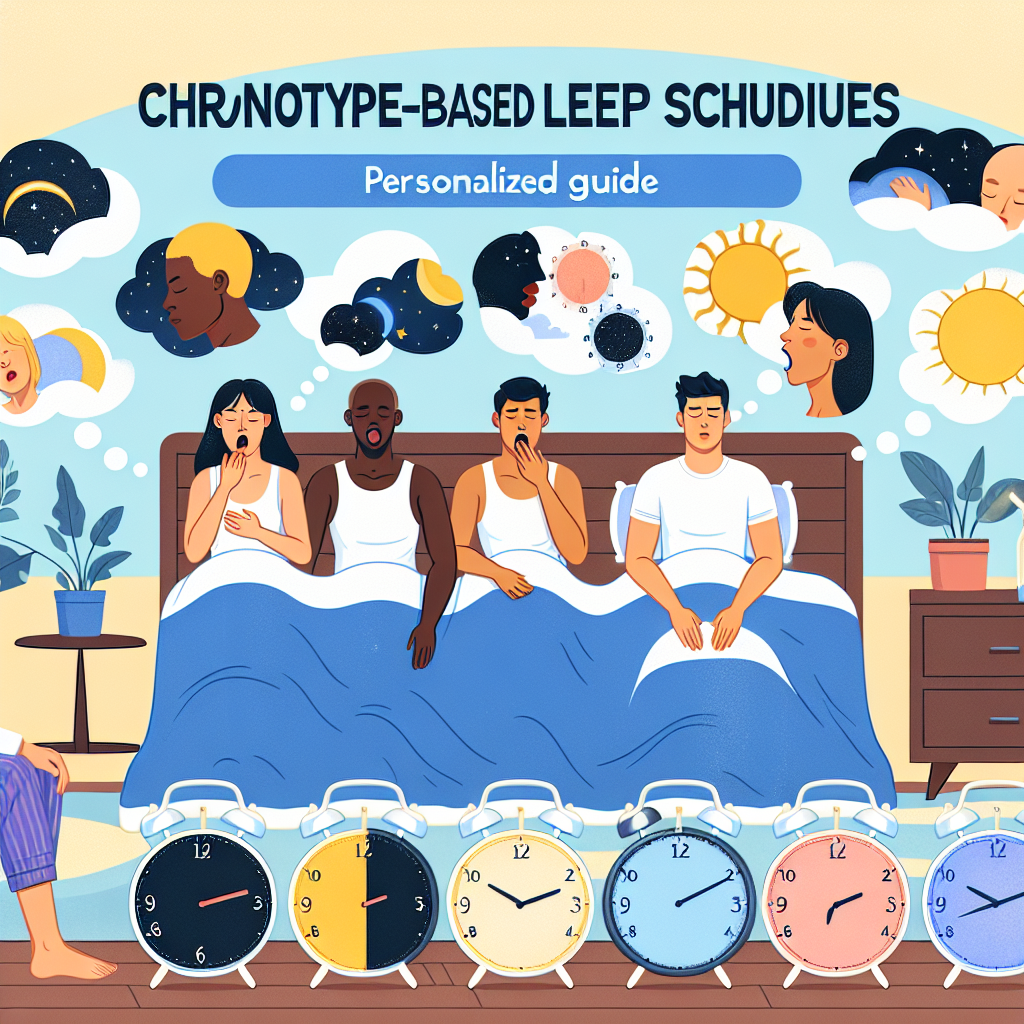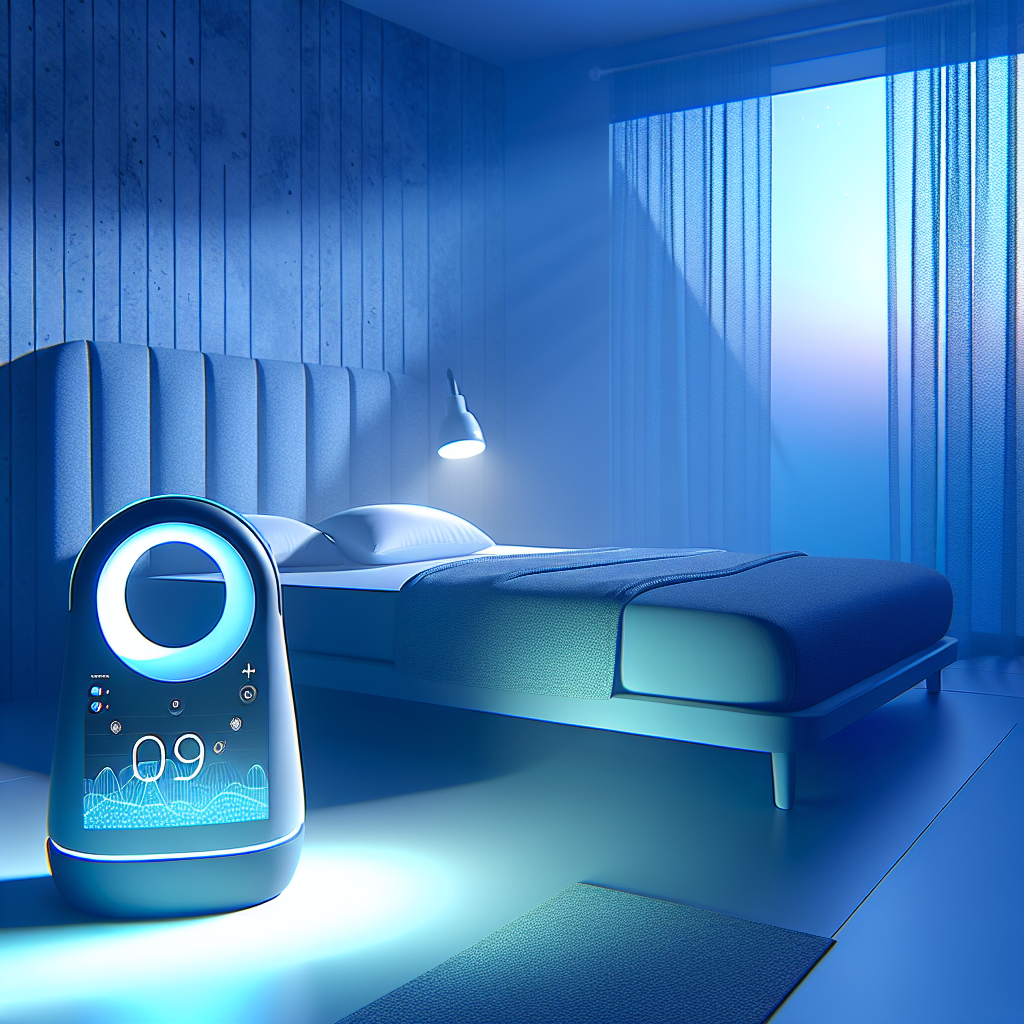Magnesium vs Melatonin – Evidence-Based Sleep Onset Comparison
Introduction
Sleep is one of the most essential biological functions humans need to survive and thrive. Yet, nearly one in three adults globally experience issues with falling asleep or staying asleep—also known as sleep onset and maintenance disturbances. With increasing levels of stress, screen exposure, and irregular schedules, more individuals are turning to natural supplements as alternatives to prescription sleep aids.
Among these, magnesium and melatonin have gained substantial attention for their reputed ability to improve sleep health. However, they work via different mechanisms and are suited for different types of sleep problems. Magnesium is a naturally occurring essential mineral vital for neurological function, muscle relaxation, and neurotransmission. Melatonin is a hormone that regulates the sleep-wake cycle in response to light and darkness.
This blog explores the science behind both, comparing their effects based on existing evidence. Whether you’re looking to manage anxiety-driven insomnia or realign a disrupted sleep schedule, understanding these two options can help you choose an effective path to better sleep without the use of pharmaceuticals.
Features and Evidence-Based Insights
Magnesium and Sleep: What Does the Research Say?
Magnesium plays a critical role in calming the nervous system, particularly through its influence on gamma-aminobutyric acid (GABA), a neurotransmitter responsible for reducing neuronal excitability. GABA helps initiate and maintain a relaxed state, setting the groundwork for natural sleep.
A 2012 double-blind randomized clinical trial published in the Journal of Research in Medical Sciences showed that elderly participants who took 500 mg of magnesium daily for eight weeks experienced significant improvements in:
– Sleep onset latency (time it takes to fall asleep)
– Sleep efficiency
– Reduced early morning awakenings
– Decreased cortisol levels (a key stress hormone)
These benefits suggest magnesium’s value in addressing stress-related insomnia. Additionally, magnesium deficiency has been linked with conditions like restless leg syndrome and chronic insomnia, indicating that supplementation may be particularly useful for individuals with low magnesium levels.
Unlike sedative drugs or sleep medications, magnesium is both safe and non-habit-forming, making it a solid long-term choice for improving general sleep health while also supporting cardiovascular and muscular function.
Melatonin and Circadian Rhythm Correction
Melatonin is a hormone naturally produced by the pineal gland in response to darkness. Its main function is to regulate the circadian rhythm or the “sleep-wake cycle.” Supplementing with melatonin helps shift the body’s internal clock, making it particularly useful for:
– Jet lag
– Delayed Sleep Phase Syndrome (DSPS)
– Night shift work
– Circadian rhythm sleep disorders
A meta-analysis in PLOS One comprising over 1,600 individuals found that melatonin shortened sleep onset time by approximately 7 minutes and improved subjective sleep quality across various population groups.
Moreover, a study in Sleep Medicine Reviews confirmed melatonin’s safety, particularly noting its low side effect profile in both children and older adults. However, it’s crucial to note that melatonin works best when timed correctly—typically 30 minutes to an hour before bedtime—and its effects can diminish if taken for non-circadian issues like anxiety.
Head-to-Head Comparison: Magnesium vs. Melatonin
When considering magnesium vs. melatonin for sleep onset, the choice should center on the root cause of sleep difficulties:
– Choose magnesium if your sleep issues are linked to stress, muscle tension, or general insomnia. It helps your body enter a state of restfulness and can improve sleep depth and duration.
– Choose melatonin if your sleep problem stems from disrupted circadian rhythms, such as irregular work schedules or travel-related jet lag.
Clinical protocols sometimes recommend combining both—magnesium to relax the body and melatonin to trigger circadian cues. Although promising, larger studies are required to validate the long-term benefits of combination therapy.
Conclusion
The choice between magnesium and melatonin hinges upon the nature of your sleep disturbances. Magnesium operates as a systemic relaxant, helping regulate stress response and GABA activity. Melatonin, by contrast, assists in re-aligning your body’s internal clock, proving especially effective for circadian rhythm disorders.
Both are natural, widely available, and generally safe—but understanding their distinct mechanisms allows for more targeted treatment. While consulting a healthcare provider is recommended, especially for children, teens, and individuals with chronic health issues, these supplements offer effective, non-addictive alternatives to conventional sleep medications.
To discover tailored sleep strategies or explore trusted supplement options backed by science, visit our expert-curated sleep wellness hub at medoze.com.
Concise Summary
Magnesium and melatonin are two natural supplements commonly used to support better sleep. Magnesium helps relax the nervous system and muscles, making it ideal for sleep issues linked with anxiety and stress. Melatonin regulates the body’s circadian rhythm and is effective for people with jet lag, shift work, or delayed sleep patterns. Each has unique benefits, and the best choice depends on the root cause of your sleep issues. Some studies suggest combining both may have added benefits. Both are generally safe if used appropriately under guidance.
References
1. Abbasi, B., et al. (2012). The effect of magnesium supplementation on primary insomnia in elderly: A double-blind placebo-controlled clinical trial. Journal of Research in Medical Sciences
2. Ferracioli-Oda, E., et al. (2014). Melatonin for the treatment of primary sleep disorders. PLOS One
3. Brzezinski, A., et al. (2005). Effects of exogenous melatonin on sleep: A meta-analysis. Sleep Medicine Reviews
4. NIH Office of Dietary Supplements – Magnesium Fact Sheet
5. National Sleep Foundation – Melatonin and Sleep

Dominic E. is a passionate filmmaker navigating the exciting intersection of art and science. By day, he delves into the complexities of the human body as a full-time medical writer, meticulously translating intricate medical concepts into accessible and engaging narratives. By night, he explores the boundless realm of cinematic storytelling, crafting narratives that evoke emotion and challenge perspectives.
Film Student and Full-time Medical Writer for ContentVendor.com




